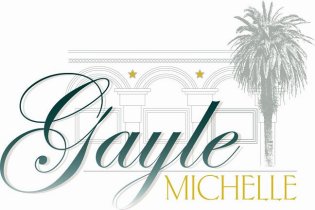|
WHAT HAPPENS AT MEDIATION?
At mediation, parties in a dispute and/or their counsel work confidentially with a neutral mediator who assists in discussing concerns and interests before determining creative solutions to settle issues amicably and peacefully. During mediation, parties voluntarily engage in informal collaborations in an effort to resolve disputes and find mutually fitting realistic solutions.
IS THE MEDIATION CONFIDENTIAL?
Yes. The California Evidence Code or California law provides all communications, negotiations or settlement discussions, in the course of a mediation consultation, are confidential and are not admissible or subject to discovery in court.
WHEN IS THE BEST TIME TO MEDIATE?
Mediation can occur at any time--, before a suit is filed, during discovery, even after trial since the court has authority to require parties to mediate. Mediating a dispute early-on, if the parties foresee a problem, can be quite time- and cost-effective.
IS MEDIATION BINDING?
Yes, almost all settlement agreements prepared and signed at mediation are legally binding because all parties agree to make it so. Typically, parties agree that a final signed agreement is not confidential, making the final agreement actionable in court, while all other detail disclosed is protected by the confidentiality requirement.
WHO PAYS FOR MEDIATION?
Typically, costs will be split equally among the parties, unless otherwise agreed, or if applicable, paid directly to the responsible law firm as directed and agreed.
|
DOES ARBITRATION DIFFER FROM MEDIATION?
Arbitration is usually more formal and expensive than mediation as parties and witnesses swear in, testify and respond to questions while the session is recorded. The court or panel then makes a final ruling. Mediation is less formal and has more flexibility in discussing specific concerns. In mediation, the parties determine what issues and solutions are acceptable, not the mediator whose job is to neutrally facilitate peaceful exchanges and negotiations.
WHAT ISSUES ARE APPROPRIATE TO MEDIATE?
Almost all noncriminal disputes that parties have been unable to remedy can be resolved in mediation.
DO I NEED A LAWYER?
The mediator does not give legal advice. Lawyers are welcome, but not necessary. Attorneys help by providing their clients with legal advice pertaining to their case. If you want legal advice, feel safer or stronger with counsel, then parties are encouraged to seek out counsel. If you need one, the San Diego County Bar Association Lawyer Referral is a good resource.
HOW LONG IS MEDIATION?
The participants predetermine the time and costs for the process. Time factors depend on the number of issues, the distance apart, each party’s willingness to come to a conclusion, circumstances, temperaments, availability of information, capacities to articulate interests, and the document turn-around time for each side. Mediation can take one hour, many hours, one meeting or several days in rare cases. A typical small party mediation will last 3 to 4 hours. Larger party complex cases can take a full day.
|


